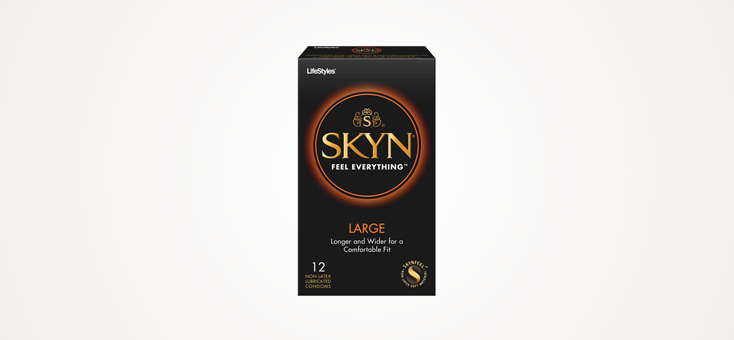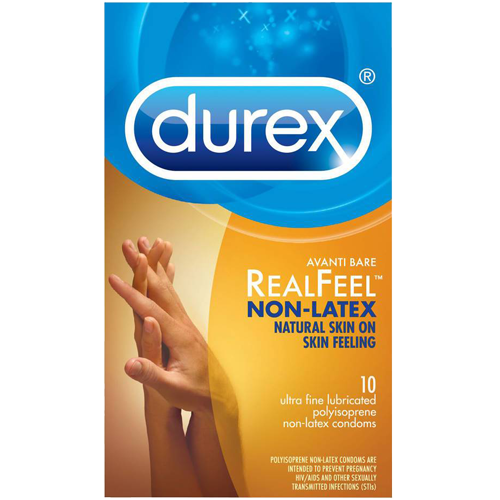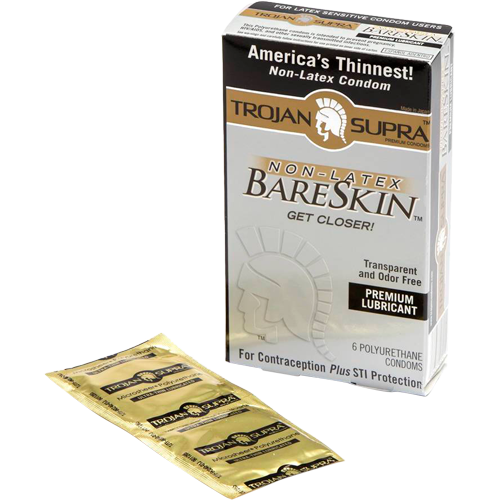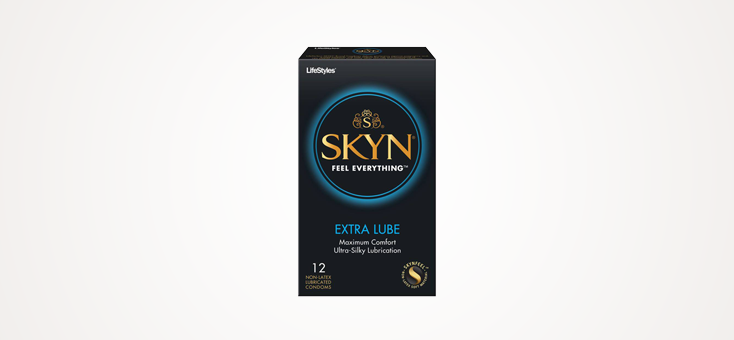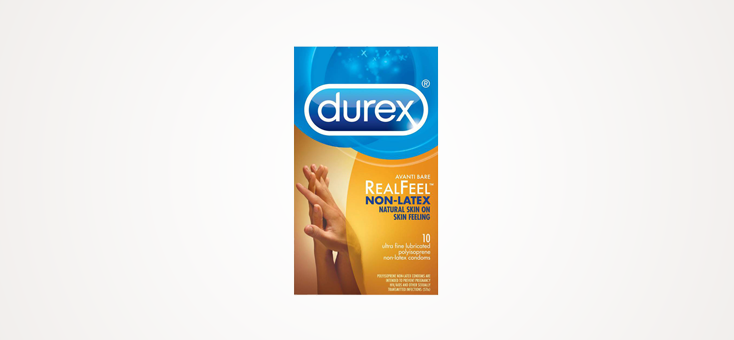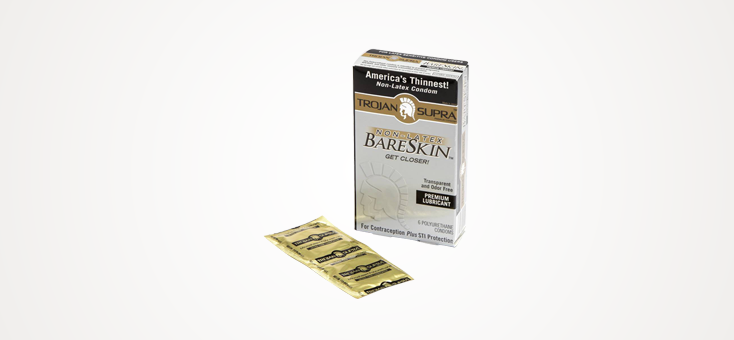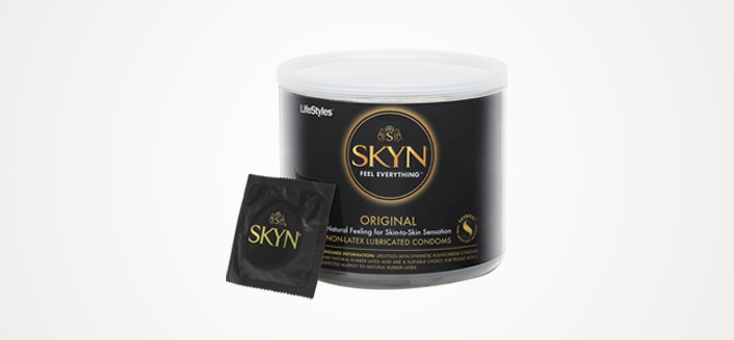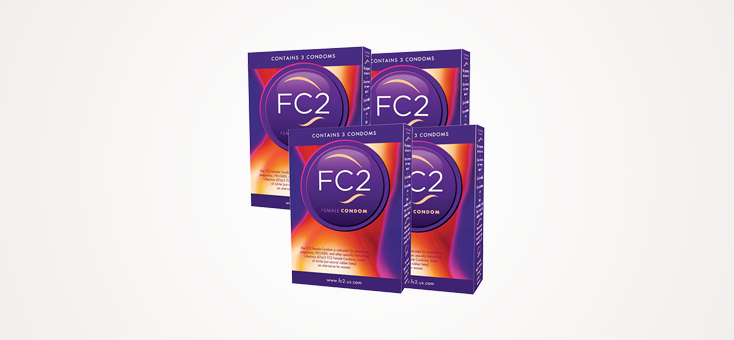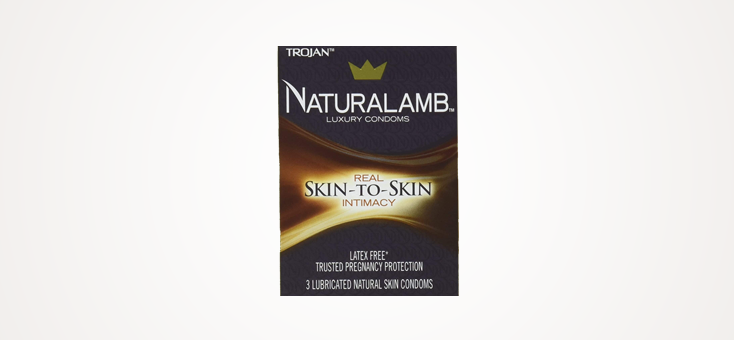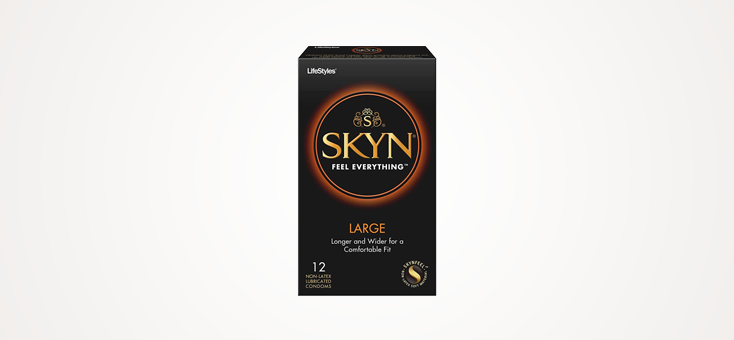Summary
You’ll see that there are so many different options to choose from – which should hopefully give you peace of mind if you’re allergic to latex. In fact, an allergy to latex is more common than you think. We’re lucky that we live in a modern world where non-latex condoms are available, and that there are so many great brands that spend time developing condoms that will give you protection and pleasure all at once.
We do know, however, that you may be reading this feeling completely stuck with which condoms to buy, and which are best for you. We’ve listed a few things for you to consider below as well as an FAQ to answer some of your burning questions.
Latex allergy
It may sound obvious, but if you don’t have an allergy to latex – you probably don’t need to use these condoms. However, there are some individuals who prefer non-latex condoms because they feel incredibly natural and can be great for monogamous relationships, especially if you’re between birth control or just want to have “cleaner” sex (because fluids can get in the way sometimes). We recommend to really consider whether you need non-latex condoms if you aren’t allergic.
Sexual partners
If you’re in a monogamous relationship, and tend to not have casual sex – then you could probably use the lambskin condoms as these protect against pregnancy, feel incredibly natural but don’t protect you from STDs. If, however, you’re someone who loves casual sex – we highly recommend not buying lambskin condoms as these do not protect you. Instead, stick to the other non-latex options on the market. Remember, if in doubt – always get tested. If you enter into a new monogamous relationship, ensure you have both been tested recently and that your partner is on birth control before you start having unprotected sex.
Pack size
It can be easy to click on a box of 40, but if you’ve never tried non-latex condoms before, then we highly recommend buying a smaller packet first, ideally of 2-3 brands and trying what works best for you. It’s all down to personal preference with condoms and what feels great for someone else may not be the right fit for you.
Penis size
Believe it or not, size does matter and can actually affect how protective your condom is. If it’s too small, it can be uncomfortable and possibly break. If it’s too big, it can slip off and you will be more prone to either pregnancy as a woman or STDs as both a woman and a man. Measure your penis and buy the correct size for you – as it’s for your safety at the end of the day.
FAQ
What is a Non-latex condom?
Non-latex condoms are classified as an alternative to traditional latex condoms. As its name suggests, Non-latex condoms are condoms which are created from non-latex substance, in other words, Polyisoprene. Polyisoprene is used for most non-latex condoms around the world.
Non-latex condoms are thinner in comparison to latex condoms and give its consumer a realistic sexual experience – It is like having sexual intercourse with no condom. There’s another non-latex substance – Polyurethane. Polyurethane condoms have experienced longer existence in the marketplace compared to polyisoprene condoms.
If you aren’t allergic to latex, we recommend having a look at the following buyer guides so you can broaden your knowledge on the varying condoms available to you:
Are non-latex condoms good for anal sex?
Yes, although we recommend using a lot of water-based lubricant. If you aren’t allergic to latex, have a look at the top condoms for anal sex buyer guide we did in the past.
Are non-latex condoms good for oral sex?
You may find that your latex allergy only flares up in your vagina/penis – therefore if as a male, you aren’t allergic – you could always try flavored condoms so it’s nicer for your spouse.
Can I use a Lambskin condom?
Lambskin condoms (or”organic condoms”) are usually suggested for men and women that have latex allergies. As its name suggests, they are literally made from lambskin — that the intestine, to be precise — they really do provide protection from pregnancy. They do not but provide protection from STIs. That is because, according to the CDC, the pores at a lambskin condom are around 1,500nm in diameter. That is little enough to block some sperm that is attempting to get through, but 10 times wider than HIV and 25 times wider than Hepatitis B. Therefore, you should only really use these condoms with a trusted partner rather than for casual sex.
Are condoms safe?
Yes, they are safe. Providing you use them correctly, condoms are one of the safest forms of contraceptive, as well as protection from sexually transmitted diseases. There are some instances where condoms can be unsafe, but most of the time you can help to prevent this.
We recommend firstly to always ensure that your condoms are in date. Any that are out of date will disintegrate and are more prone to breaking during sex.
Secondly, ensure that you have more than one condom on you at any time. If you feel that the condom is getting weaker, or it does break – at least you have a spare.
Thirdly, make sure that you have the correct condom size in relation to your penis. It can feel great buying a large, but if your penis doesn’t fit – you’re putting yourself and your partner at risk, which is unfair.
And finally, get tested regularly. Although condoms are safe, you can pick up bacterias and diseases from general day to day activities – so get checked up once every three months just to ensure that you’re staying on top of things. Sex is supposed to be good fun, so as long as you’re practicing safe sex – of course condoms are going to be safe and provide you with a positive experience.
Conclusion
In the above article, we help you to discover the Best Non-Latex Condoms, which can be found on the market right now. Each one is appropriate for a different purpose to please anyone that wishes to try out something exciting and new.

